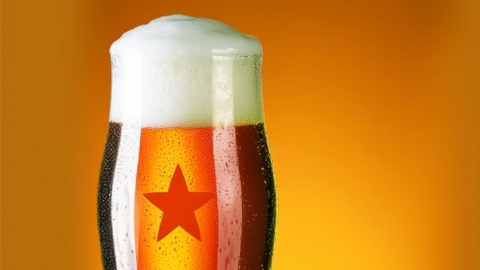How much pineapple beer can a 10-year-old child drink?
There is generally no standard regarding "how much pineapple beer a 10-year-old child can drink," and it is usually not recommended for 10-year-old children to consume pineapple beer. Detailed explanations are as follows:

Pineapple beer is an alcoholic beverage, although its alcohol content is relatively low, usually between 3% and 5%, it still falls within the category of alcoholic drinks. Additionally, pineapple beer contains various organic acidic substances, which may irritate the gastrointestinal tract. A 10-year-old child's body is still in the developmental stage, and their liver, kidney, gastrointestinal, and nervous system functions are not yet fully mature.
As the liver and kidney functions of a 10-year-old child are not yet completely developed, they may be unable to effectively metabolize alcohol, which could lead to alcohol accumulation in the body, causing discomfort symptoms such as intoxication, dizziness, and nausea. Therefore, it is generally not recommended for 10-year-old children to drink pineapple beer. The organic acidic substances in pineapple beer may irritate the gastrointestinal tract of 10-year-old children, leading to stomach pain, excess stomach acid, indigestion, and other issues. Long-term consumption of pineapple beer may also affect children's absorption of minerals such as calcium and iron, thus affecting bone and tooth development.
If children want to try beverages with a similar taste, they can choose non-alcoholic fruit juices or drinks. Meanwhile, parents should strengthen education and guidance for children, helping them understand the harmful effects of alcohol and cultivating healthy eating habits.





